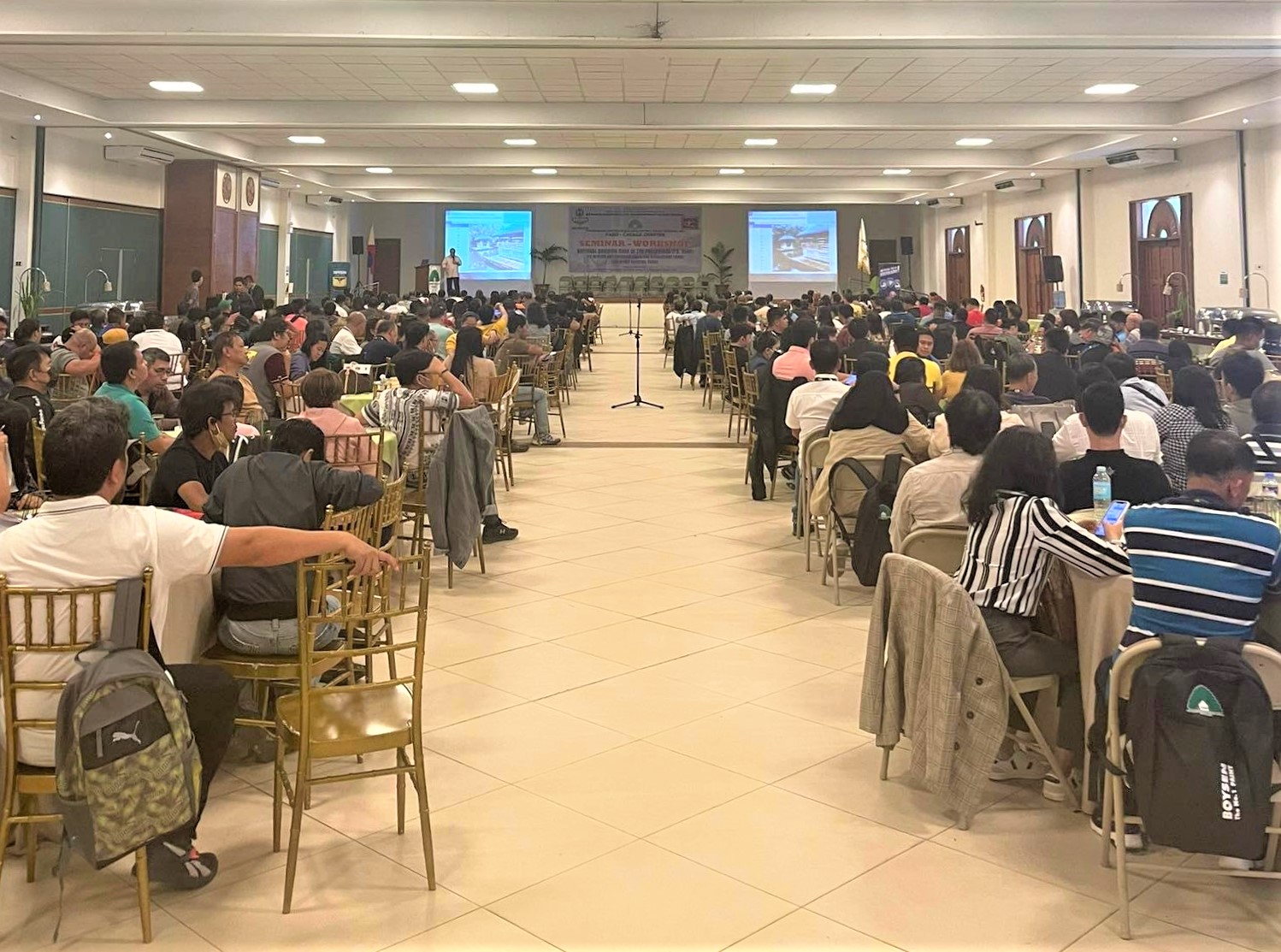
The Department of Public Works and Highways (DPWH) through the National Building Code Development Office (NBCDO), and in partnership with the Philippine Association of Building Officials, Inc. (PABO), is continuing its initiative to gather local building officials on a series of seminar-workshops that highlight updates and developments on the country’s building code.
According to DPWH Secretary Manuel Bonoan, DPWH – NBCDO has planned in 2023 a total of four (4) training sessions to review the proficiency of building officials and other professionals in the administration and implementation of Presidential Decree No. 1096 also known as the National Building Code of the Philippines, its Revised Implementing Rules and Regulations (RIRR) and other Referral Codes.
OIC-Executive Director Atty. John Alexander S. Belderol said that the collaborative work between the DPWH – NBCDO and the management of PABO has led to the successful execution of the first leg of this year’s seminar-workshop series in Butuan City, Agusan del Norte.
More than 400 participants from all over the country attended the five (5)-day event held recenly where topics discussed included the overview of the Philippine Green Building Code; Land Use, Zoning and Cultural Heritage; Batas Pambansa 344 or the Accessibility Law’s Regulations for Permitting; Earthquake and Earthquake Preparedness; as well as regulations on civil engineering, electrical engineering, mechanical engineering, and sanitation and plumbing.
Meanwhile, DPWH – NBCDO Executive Director Atty. Belderol bared that the planning for the three (3) remaining installments of seminar-workshop series that will cater building officials from different local government units (LGUs) in country is currently on-going.
Tentatively scheduled on April 2023, Iloilo City will host another five (5)-day seminar for Region 6; on August 2023, Manila will serve as the venue for the National Capital Region (NCR), Regions 4A, 4B, and 5; while, a separate event will be held in Ilocos Norte in November 2023 covering the Cordillera Administrative Region (CAR), Regions 1, 2, and 3.
